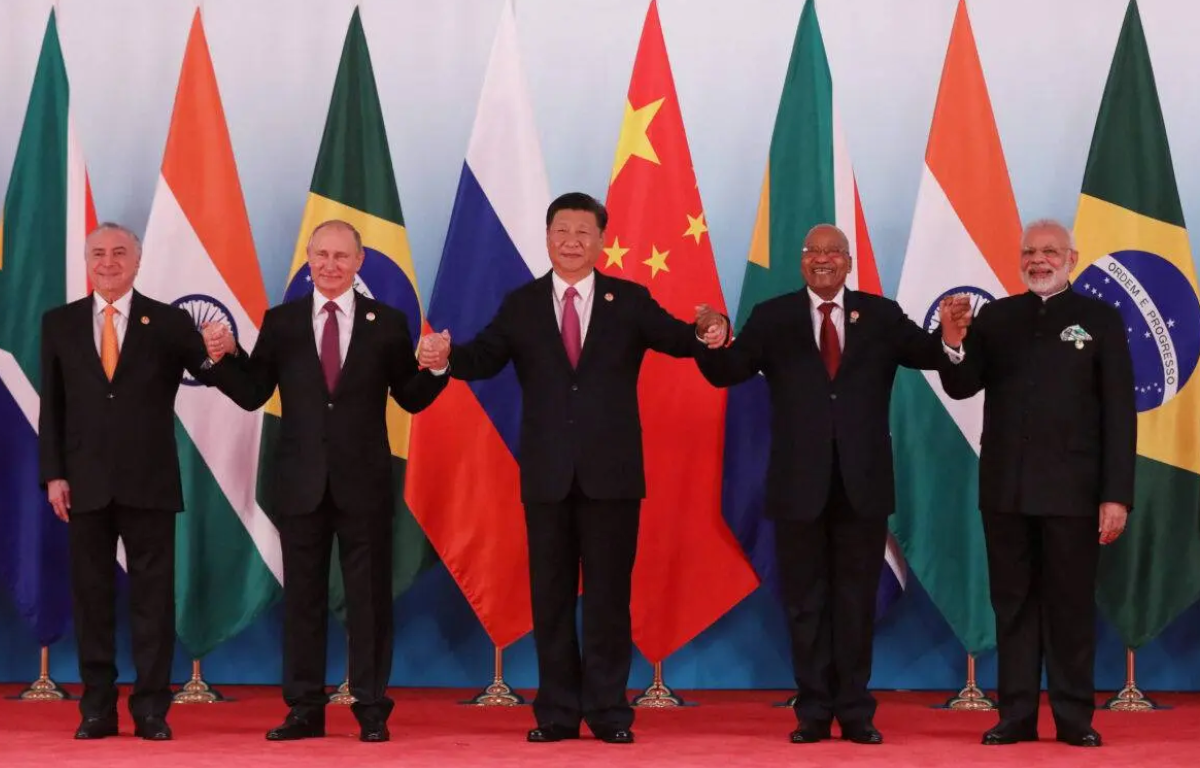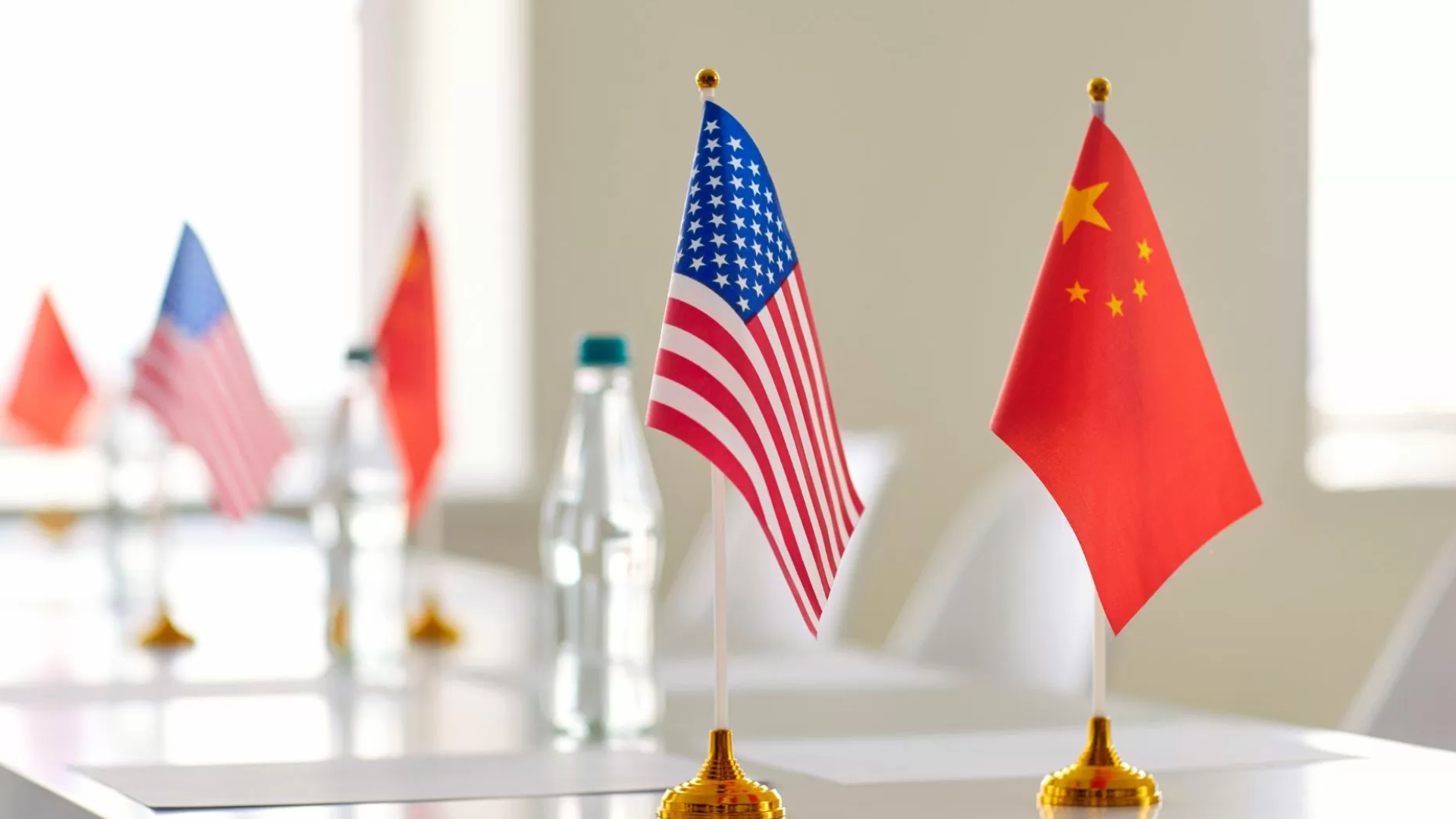
China’s military modernization efforts over the past few decades have been nothing short of remarkable. The country has invested heavily in defense technology, infrastructure, and personnel training, rapidly transforming its People’s Liberation Army (PLA) into a formidable force. With the second-largest defense budget in the world, China has developed advanced weaponry, including aircraft carriers, stealth fighters, and missile systems.
While China has primarily focused on building its military capabilities to safeguard its territorial interests, its recent announcement suggests a shift towards a more assertive global role.
China’s Defense Minister, in his declaration, explicitly excluded the United States from its plans to broaden military ties. This decision is not surprising, considering the complex and often adversarial relationship between the two nations. The United States has been critical of China’s military expansion in the South China Sea, cybersecurity concerns, and human rights issues, which have strained diplomatic relations.
By excluding the U.S., China is sending a clear message that it intends to pursue its military objectives independently or in collaboration with other like-minded nations. This could further intensify the geopolitical rivalry between China and the United States, with potential implications for global security and stability.
China’s decision to widen military ties while excluding the U.S. will have direct implications for regional security dynamics, particularly in Asia. Neighboring countries, including Japan, South Korea, and India, will closely monitor these developments. Some nations may view this as an opportunity to enhance their own military cooperation with China, while others may strengthen alliances with the U.S. to counterbalance China’s growing influence.
The South China Sea, a contentious and strategically significant region, will likely be a focal point of this evolving dynamic. China’s territorial claims and military buildup in the area have long been a source of tension with neighboring countries and the United States. The exclusion of the U.S. from China’s military outreach may embolden Beijing’s stance in this disputed maritime territory.
China’s decision to widen military ties with other nations carries global ramifications. It underscores the country’s increasing assertiveness on the international stage and its desire to expand its sphere of influence. This could lead to greater competition with the United States, potentially fueling an arms race or proxy conflicts in various regions.
Additionally, China’s expanded military reach may raise concerns among other global powers, such as Russia and the European Union, who will be carefully assessing the implications of these developments for their own strategic interests.
China’s Defense Minister’s announcement to broaden military ties while excluding the United States signifies a significant shift in the country’s foreign policy and military strategy. This move has implications for regional security in Asia and may exacerbate geopolitical tensions. Furthermore, it raises questions about the future of U.S.-China relations and the potential for a more competitive and unstable international landscape. As these developments unfold, the international community will closely watch and adapt to the changing dynamics in the realm of global military affairs.










Share this: